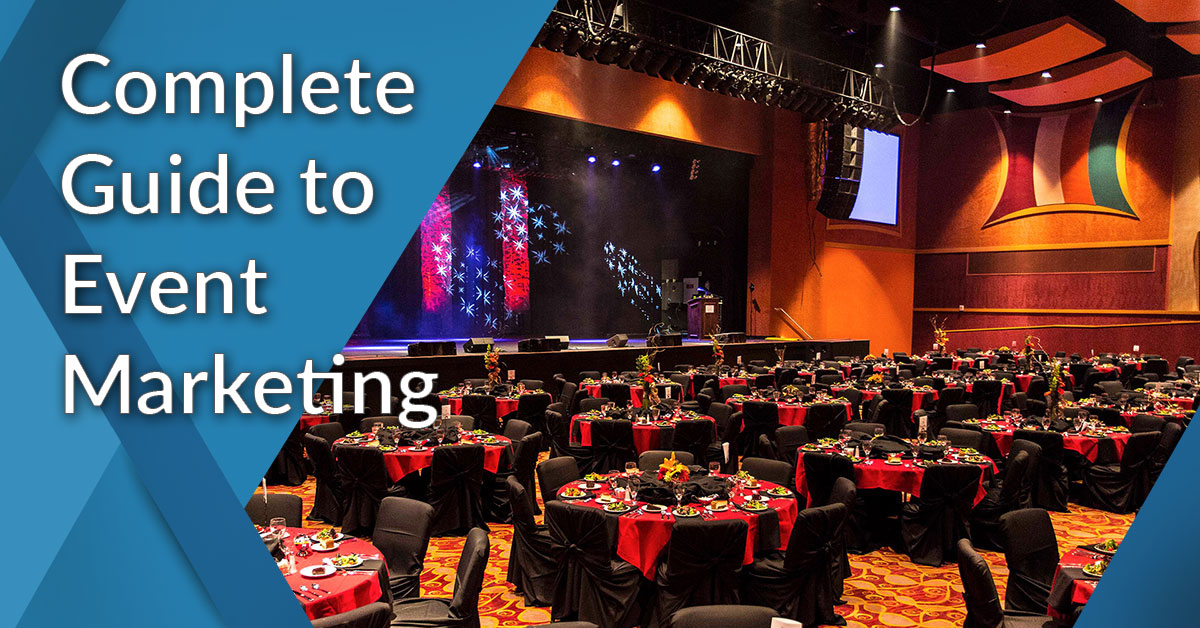Event marketing is a dynamic and essential aspect of planning successful gatherings, conferences, and celebrations. As coordinators, mastering the art of promoting events is crucial for driving attendance, engaging participants, and ensuring overall success. In this comprehensive guide, we unveil seven powerful event marketing techniques tailored to empower coordinators in maximizing their event’s impact and reach.
1. Define Your Target Audience
Before diving into any marketing efforts, it’s crucial to define your target audience. Understanding the demographics, preferences, and interests of your potential attendees is key to tailoring your messaging effectively. Conduct thorough market research, analyze past attendee data, and leverage insights from social media platforms to gain valuable insights into your target audience’s behavior and preferences.
2. Craft Compelling Content
In today’s digital landscape, compelling content is essential for capturing audience attention and driving engagement. As an event coordinator, invest time and resources in crafting content that resonates with your target audience. Develop captivating event descriptions, create visually appealing graphics and videos, and share insightful blog posts or articles related to your event’s theme or industry. Utilize storytelling techniques to evoke emotions and foster connections with your audience, compelling them to take action and register for your event.
3. Harness the Power of Social Media
Social media platforms serve as invaluable tools for promoting events, engaging attendees, and generating buzz leading up to the event. Leverage popular social media channels such as Facebook, Twitter, LinkedIn, and Instagram to share event updates, behind-the-scenes content, and exclusive promotions. Encourage attendees to share their excitement and experiences using event-specific hashtags, fostering community engagement and amplifying your event’s reach organically.
4. Implement Email Marketing Campaigns
Email marketing remains a potent strategy for reaching and nurturing potential attendees throughout the event lifecycle. Develop targeted email campaigns tailored to different segments of your audience, delivering personalized content, exclusive offers, and timely reminders to drive registration and attendance. Incorporate visually appealing design elements, compelling call-to-action buttons, and concise, informative copy to capture recipients’ attention and compel them to take action.
5. Partner with Influencers and Industry Experts
Collaborating with influencers and industry experts can significantly amplify your event’s visibility and credibility within your target audience. Identify influential individuals or organizations within your industry or niche who align with your event’s objectives and values. Partner with them to co-create content, host webinars or panel discussions, or promote your event to their respective audiences. Their endorsement and advocacy can lend credibility to your event and attract a wider audience of engaged participants.
6. Offer Early Bird Discounts and Incentives
To incentivize early registrations and drive ticket sales, consider offering exclusive early bird discounts and incentives to prospective attendees. Limited-time offers discounted group rates, or complimentary upgrades can create a sense of urgency and excitement, Returned Home encouraging attendees to secure their spot at your event ahead of time. Promote these special offers across your marketing channels and highlight the value and savings attendees can enjoy by registering early.
7. Leverage Online Communities and Forums
Online communities and forums provide fertile ground for engaging with your target audience, sharing valuable insights, and promoting your event to interested participants. Identify relevant online communities, forums, and discussion groups frequented by your target audience, actively participate in discussions, answer questions, and provide value-added content related to your event’s theme or industry. Establishing a presence within these communities builds credibility, fosters relationships, and expands your event’s reach to a highly engaged audience.



